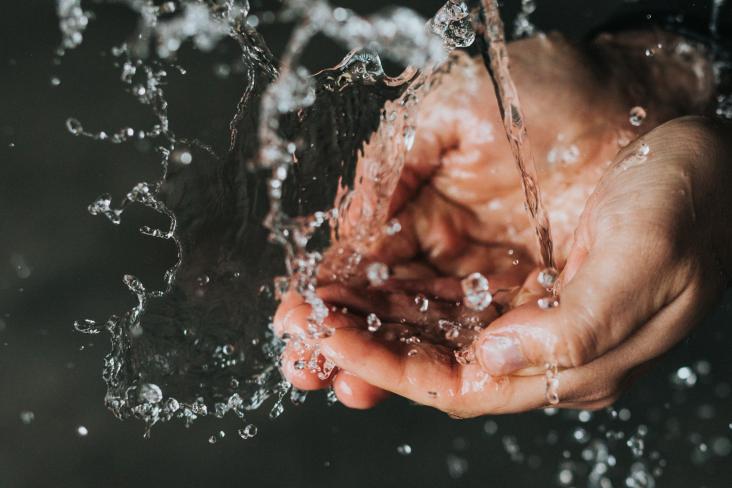Elsevier,
Manzoor Qadir, Christopher A. Scott, Trade-offs of wastewater irrigation, Editor(s): Michael J. Goss, Margaret Oliver, Encyclopedia of Soils in the Environment (Second Edition), Academic Press, 2023, Pages 277-287, ISBN 9780323951333, https://doi.org/10.1016/B978-0-12-822974-3.00018-5.
This chapter aligns with Goal 11 and 6 by analysing the use of wastewater for irrigation, balancing positive outcomes and trade-offs. There is a large variation between developed and developing countries as well as among countries within different economic groups regarding safe management of wastewater.
This study supports SDGs 3 and 6 by showing that areas with better access to drinking water and sanitation had a lower abundance of antibiotic resistance genes, suggesting that increasing access to water and sanitation could effectively reduce the spread of antibiotic resistance in low-income and middle-income countries

RELX Environmental Challenge 2023: five shortlisted projects to bring safe water and sanitation to communities around the world

Recognising our customers' exceptional work to achieve the United Nations' Sustainable Development Goals
Water is a dwindling natural resource, and potable water is wrongly considered an unlimited resource. This review seeks to support policymakers in making informed decisions about water use, avoiding wasting, and finding solutions that may be planet friendly and patient friendly in dialysis, especially in hemodialysis treatments.
This study analysis four wetland technologies for treating greywater according to regulatory standards.
“From electric vehicles to lifesaving drugs, clean and green tech, to AI and digital technologies – IP can be the vehicle to turn bold new ideas into real world impact” said World Intellectual Property Organisation (WIPO) Director General Daren Tang in a video address to mark World IP Day 2024. This paper proposes a responsible intellectual property (IP) strategy (R-IPS) framework based on five exploratory case studies of sustainable companies in energy, nutrition, consumer electronics, manufacturing and water treatment sectors. These companies responsibly use IP assets to create positive social and environmental impact (or reduce negative impact), and unlock new opportunities for financial (economic) gains.
This systematic literature review on on-site sanitation fecal sludge management practices directly informs Sustainable Development Goal 6 (SDG 6) by identifying best practices for safe sanitation, reducing pollution, and protecting water resources.


